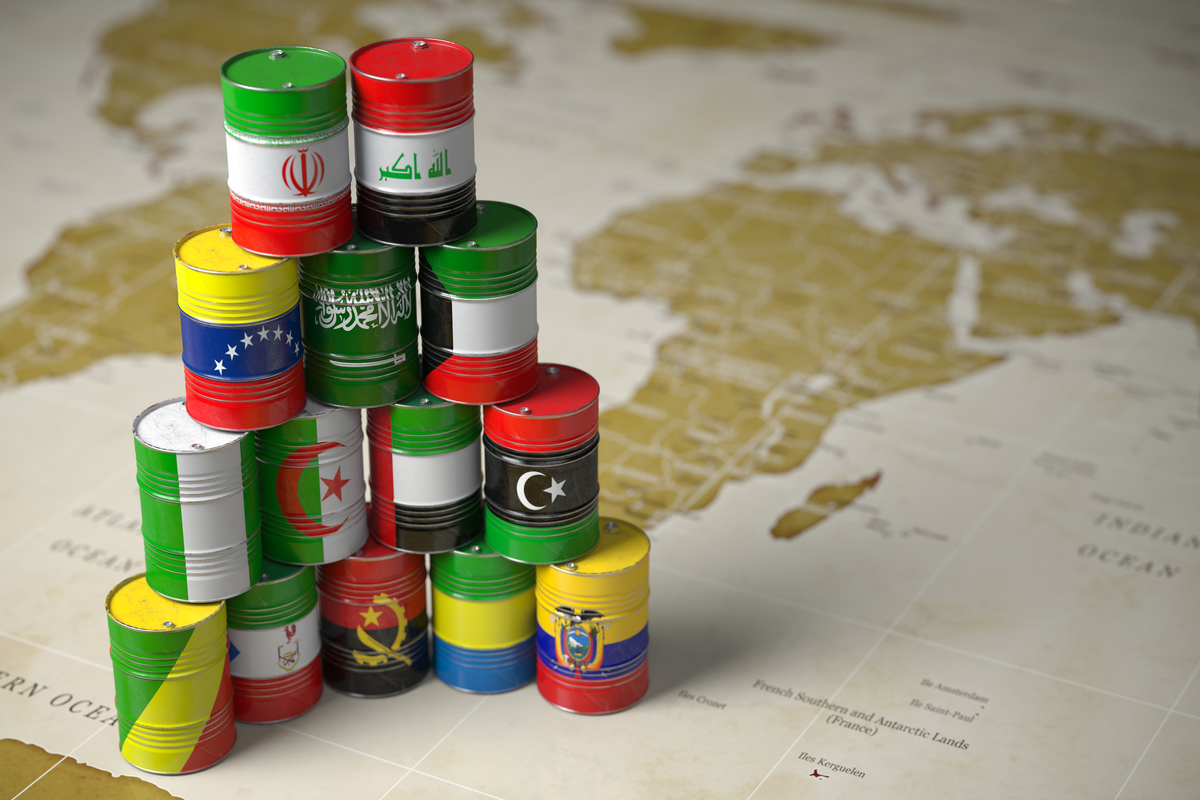Brent set for weekly decline as Russian crude price cap takes the wheel
Front-month ICE Brent has moved $1.00/bbl higher on the day, to $86.00/bbl at 09.00 GMT. But the futures contract is still on track for a 2% decline on the week.

PHOTO: Getty Images
Upward pressure:
G7 nations are considering a price cap of $65-70/bbl on Russian seaborne oil, which is much higher than Russia's cost of production of $20/bbl. Several EU nations, including Poland, Cyprus and Greece are pushing for a revision. Discussions are currently underway, and the EU embargo on Russian crude comes into effect on 5 December.
Moscow Times cited a Kremlin readout when reporting that Russian President Vladimir Putin repeated his warning of "grave consequences for global energy markets" in a telephone call with Iraqi Prime Minister Mohammed Shia al-Sudani.
Putin previously stated that Russia would not supply oil to nations backing a price cap. Reports of a conversation between two OPEC+ members indicate that the cartel is prepared to curtail production to combat a price cap. In addition, the Saudi oil minister stated earlier this week that OPEC+ would reduce output if necessary.
Downward pressure:
Analysts believe that capping Russian oil prices at present levels will hardly dent the war chest of Russia since these proposed capped prices are close to what Asian countries are already paying Russia.
“Those levels of discounts are certainly in line with what the discounts already are in the market. It’s something that doesn’t seem, as it is placed like it’s going to have any effect whatsoever if the price is so high,” Wood Mackenzie's Massimo Di Odoardo told CNBC.
Russia is less likely to reduce its supply if the price cap is within this range, according to ING.
Vivek Dhar of the Commonwealth Bank of Australia says that based on Russian Urals' current price of $60-65/bbl, the proposed price cap is already compliant with current market conditions.
As for demand, Tina Teng, CMC's market analyst, says Covid's resurgence in China continues to be the “main bearish factor” affecting oil prices.
According to ANZ, the Covid-19 surge in China is reducing fuel demand, as “implied demand for oil is around 13 million b/d or 1 million b/d lower than average.”
By Konica Bhatt
Please get in touch with comments or additional info to news@engine.online





